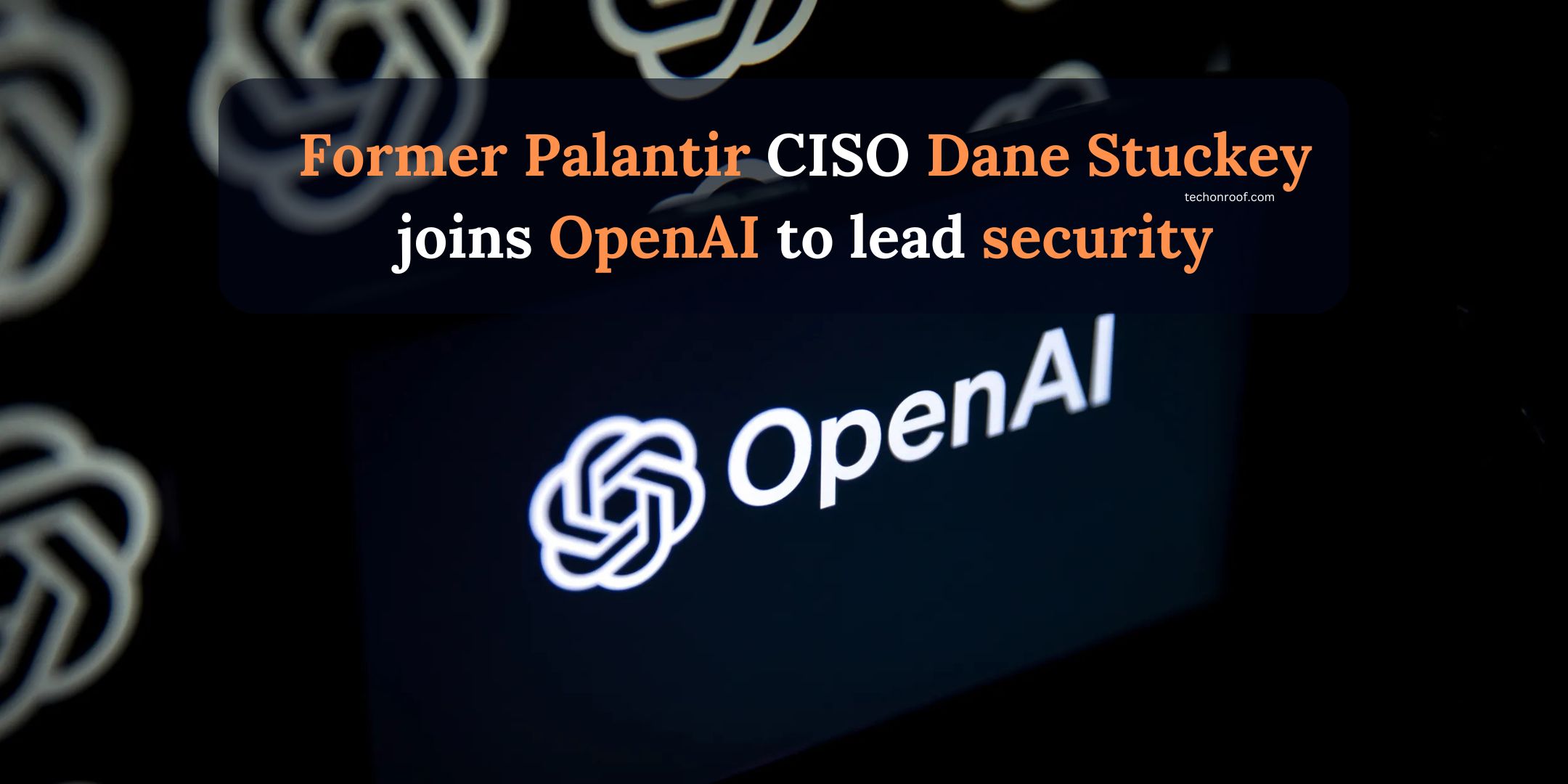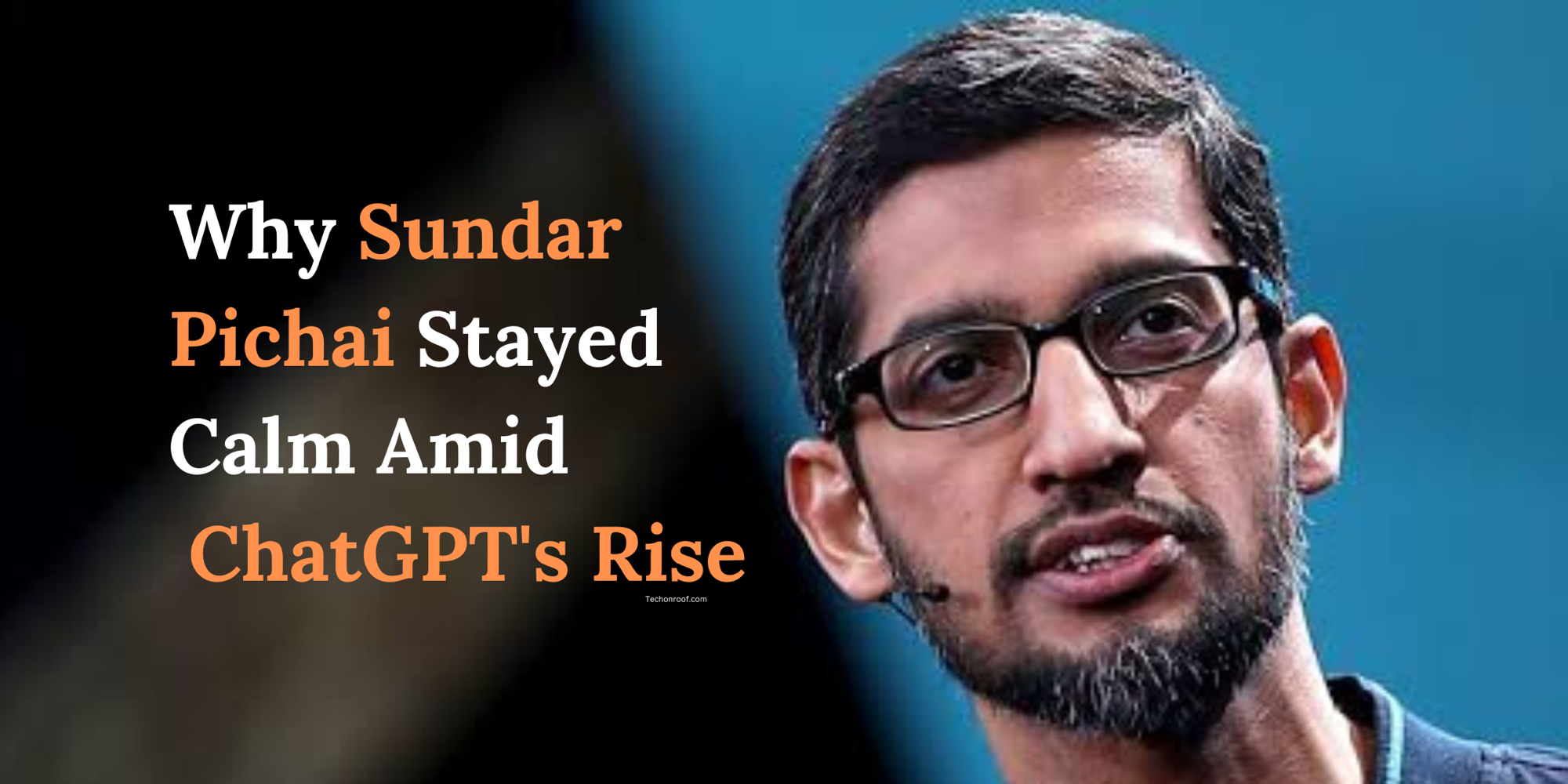Dane Stuckey, a former Chief Information Security Officer at analytics company Palantir, is joining OpenAI as its newest CISO. He will work with Matt Knight, the head of security. Stuckey announced the move on platform X, expressing his excitement about this new role and how much security underpins OpenAI’s mission.
Read Also: Threads will start showing others when you’re online by default
“Security is core to OpenAI’s mission,” said Stuckey. “We must uphold the highest standards of compliance, trust, and security to protect millions of users, empower democratic institutions to derive maximum value from these technologies, and drive the development of safe AGI for global good.” Stuckey added: “I am excited to take up this new challenge to help shape a future where AI will serve everyone.”
Read Also: Two more weeks to go: Connect with Meta, Dropbox, J.P. Morgan, and HP at Disrupt
He joined Palantir 2014, where his work initially included information security roles, particularly detection engineering and incident response. As described in detail on his blog, prior to joining Palantir, he had about a decade of experience in various roles related to digital forensics, incident detection and response, and developing security programs across the commercial, government, and intelligence sectors.
Read Also: Alibaba’s international arm says its new AI translation tool beats Google and ChatGPT
His experience with Palantir—a firm well connected in government contracts and familiar with AI—puts Stuckey in a great position to help OpenAI realize its ambitions, especially within the government sector. Forbes reports that OpenAI seeks to strengthen ties with the U.S. Department of Defense through its partnership with Carahsoft, a government contractor. Following the easing of a ban on providing AI technology to the military earlier this year, OpenAI has since participated in several software development projects with the Pentagon, including cyber-security.
Read Also: How Damaging Are AI News Summaries to Publishers?
OpenAI also recently onboarded retired General Paul Nakasone, the former head of the National Security Agency (NSA), further hinting at its efforts to bolster the firm’s security.
In the last months, OpenAI has taken giant leaps in building a more robust security framework. For example, it advertised a job opening for the head of trusted computing and cryptography and sought to build a team dedicated to creating secure AI infrastructure. This role would develop strong security capabilities, assess security tools, and implement firm access controls that ensure the safety of AI systems.
Read Also: Google will help build seven nuclear reactors to power its AI systems
Stuckey’s skill set will help OpenAI push for increased security capability and overcome numerous challenges in business with government entities and defense sectors. His contributions will go a long way in ensuring the successful implementation of such highly complex AI technologies at OpenAI in the future with safety and responsibility and make AI usage much more effective and safe for the entire world.





